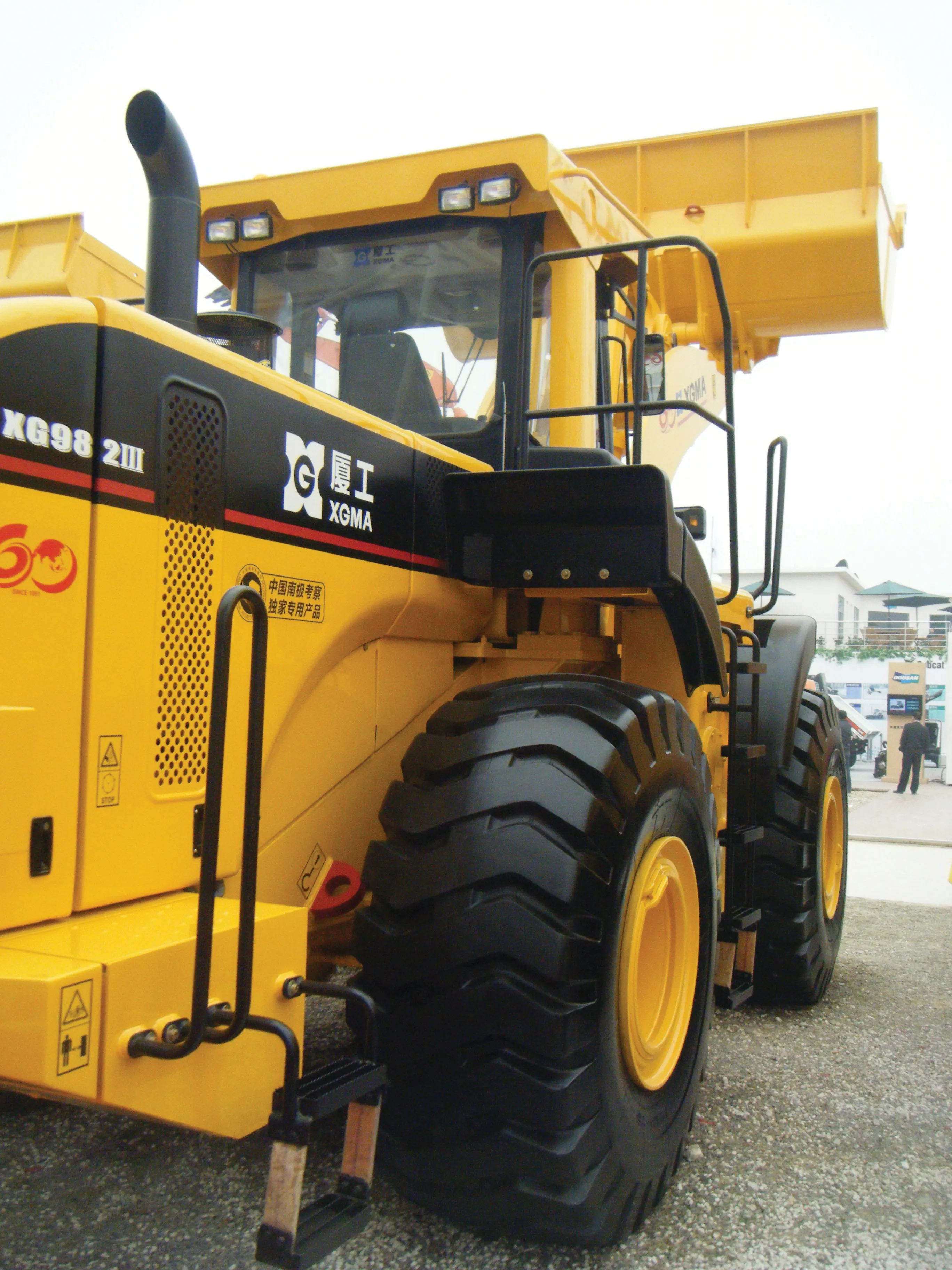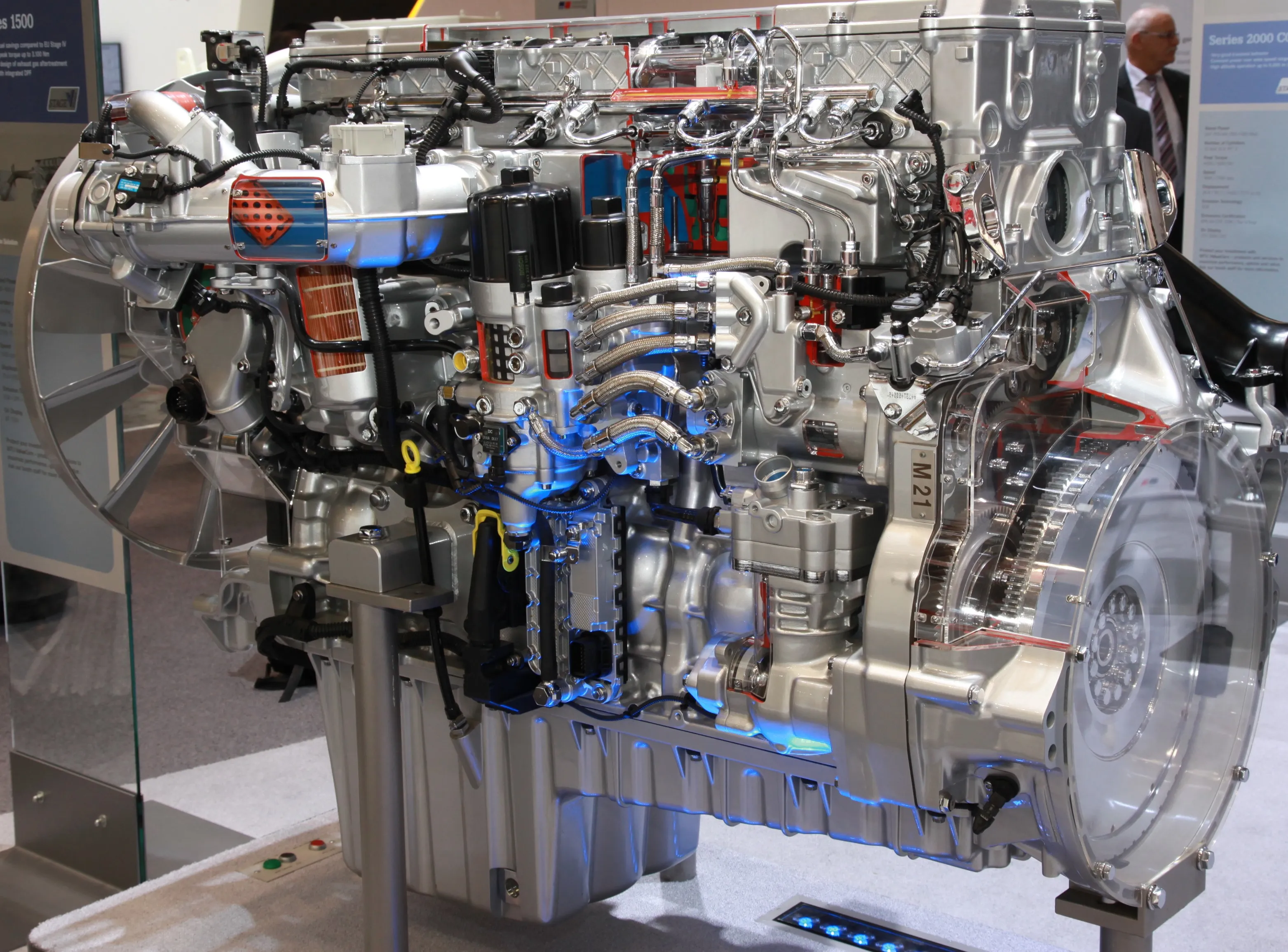A landmark deal has been agreed between Shandong Heavy Industry Weichai Power and the German Kion Group. This is claimed to be the largest financial investment in Germany to date made by a Chinese company. Kion is a leading international producer of forklift trucks and under the terms of this deal, it will work with Weichai Power to develop a common platform for the machines for sale worldwide. The Chinese investment will also boost manufacturing capability within Europe. Weichai Power is investing €738 mil
January 18, 2013
Read time: 2 mins
A landmark deal has been agreed between Shandong Heavy Industry 2731 Weichai Power and the German 6945 KION Group. This is claimed to be the largest financial investment in Germany to date made by a Chinese company. Kion is a leading international producer of forklift trucks and under the terms of this deal, it will work with Weichai Power to develop a common platform for the machines for sale worldwide. The Chinese investment will also boost manufacturing capability within Europe. Weichai Power is investing €738 million in the deal, of which €467 million will be used to purchase a 25% stake in Kion. A further €271 million will be used by Weichai Power to purchase a 70% majority stake in the hydraulic business of Linde Material handling.
Weichai Power becomes the prime investor in Kion, following KKR and3347 Goldman Sachs. At the same time, Weichai Power holds 70% majority holding of Linde Hydraulic, and the new company is mainly constituted by the hydraulic business stripped from Linde Material Handling. The remaining 30% shares are still held by Linde Material Handling.
Through this deal, Weichai Power becomes the global leader in forklift and high-end hydraulic sectors. At the same time, the hydraulic control system technology being acquired will make Weichai Power a leader in technology. Meanwhile Kion will benefit from Weichai Power’s strength in the Asian market as well as its supplier system in China and Europe. The hydraulic business will be operated and managed as an independent new company - Linde Hydraulic, over 1,400 employees all agreed to be transferred to the new company, and the products will still use the Linde trademark.
Weichai Power becomes the prime investor in Kion, following KKR and
Through this deal, Weichai Power becomes the global leader in forklift and high-end hydraulic sectors. At the same time, the hydraulic control system technology being acquired will make Weichai Power a leader in technology. Meanwhile Kion will benefit from Weichai Power’s strength in the Asian market as well as its supplier system in China and Europe. The hydraulic business will be operated and managed as an independent new company - Linde Hydraulic, over 1,400 employees all agreed to be transferred to the new company, and the products will still use the Linde trademark.









